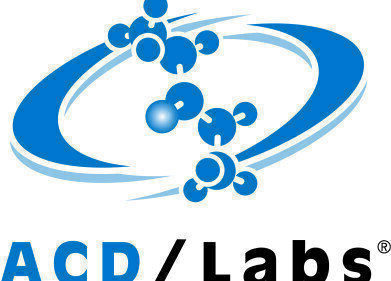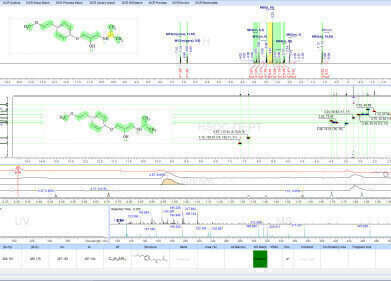Database Management
Challenges of Lab Data Management
Nov 30 2022
New technologies like high-throughput liquid chromatography-mass spectrometry have made laboratory workflows more efficient than ever. This has led to a drastic increase in data quantities, which poses a unique set of challenges for laboratories. Below, we take a closer look at some of the challenges of lab data management and how to overcome them.
Managing high data volumes
Advances like high-throughput sequencing technologies and automated liquid-handling robotics generate a huge amount of data. Modern labs must be equipped with solutions to transfer this raw data into useful information. This includes digitalised solutions to track samples, as well as analyse results and visualise data through the creation of graphs, tables and reports.
In scientific laboratories, every snippet of data is important. Efficient data management solutions ensure nothing slips through the cracks. This helps labs get the absolute most out of their data, even when volumes are overwhelmingly high.
Reactive approaches to data
The best laboratories take a proactive, not reactive, approach to data management. As mentioned earlier, technologies like high-throughput sequencing generate enormous data loads. Predicting data management needs and investing in solutions before problems appear is one of the best ways for labs to maintain efficiency and maximise the value of data.
Cybersecurity issues
Digital technologies have made it easier than ever for labs to manage data and drive innovation. However, switching from paper trails to digital platforms does pose a cybersecurity risk. Data management solutions shouldn’t just store laboratory data. They should protect data with watertight security measures designed to prevent unauthorised access.
A recent cyber attack on an Australian pathology company demonstrates how vulnerable laboratory data can be. Medlab Pathology confirmed hackers gained access to the data of more than 220,000 patients and posted it on the dark web. This includes individual medical records, as well as credit card details and national healthcare numbers.
Stepping up to the challenge with LIMS
So, how can laboratories address these challenges? Laboratory Information Management Systems (LIMS) step up and meet the continually evolving needs of modern labs. The latest generation of LIMS software is equipped with advanced information management features that support digitalisation and make it easy for labs to track, analyse and protect data.
Find out more about the benefits of LIMS for labs specialising in bioanalytical drug development, petrochemicals, medicinal cannabis and more in our complete guide, ‘What is a Laboratory Information Management System (LIMS)?’
Digital Edition
ILM 49.5 July
July 2024
Chromatography Articles - Understanding PFAS: Analysis and Implications Mass Spectrometry & Spectroscopy Articles - MS detection of Alzheimer’s blood-based biomarkers LIMS - Essent...
View all digital editions
Events
Jul 28 2024 San Diego, CA USA
Jul 30 2024 Jakarta, Indonesia
Jul 31 2024 Chengdu, China
ACS National Meeting - Fall 2024
Aug 18 2024 Denver, CO, USA
Aug 25 2024 Copenhagen, Denmark





24_06.jpg)













